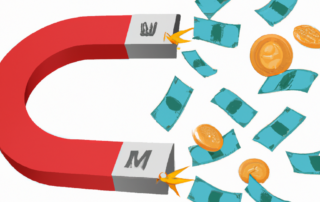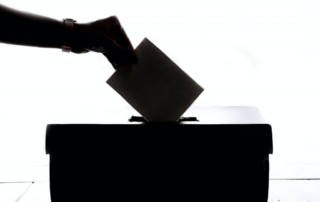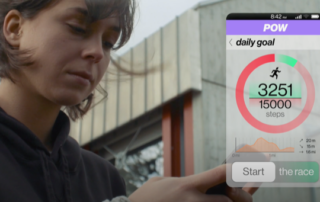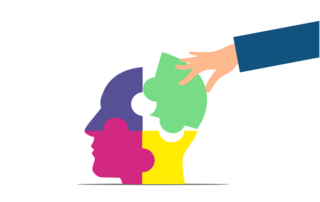Make or Break: The Behavioral Science of Innovation
Successful innovation requires far more than a market gap, a visionary, funding, and new technology. Innovation is a behavioral process from start to finish. It relies on the decision-making processes and behaviors of both producers and consumers, as well as the surrounding support system. Behavioral science, the science of how we make decisions, has invaluable practical insights for innovation on all fronts.











